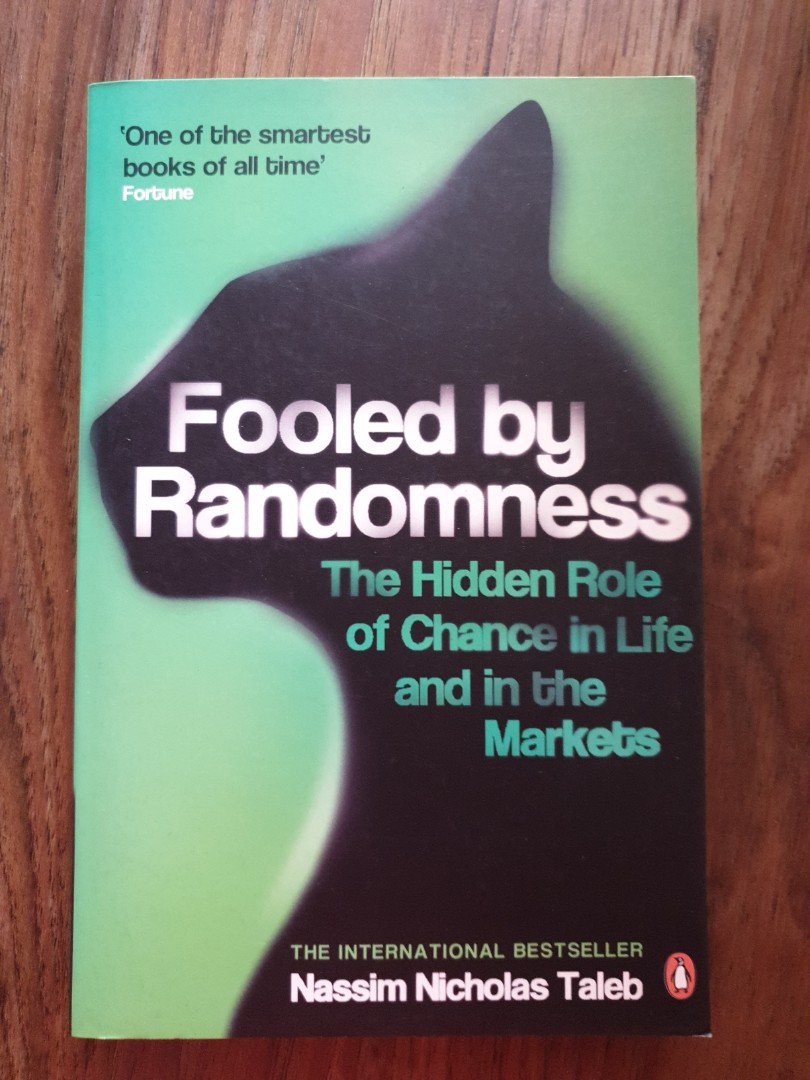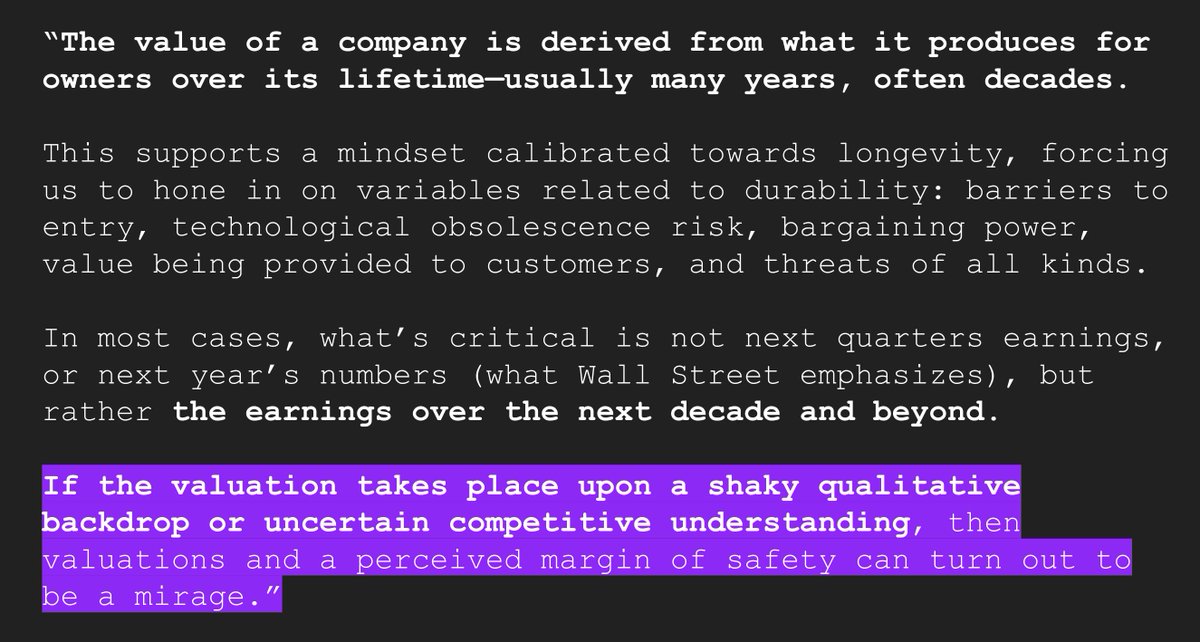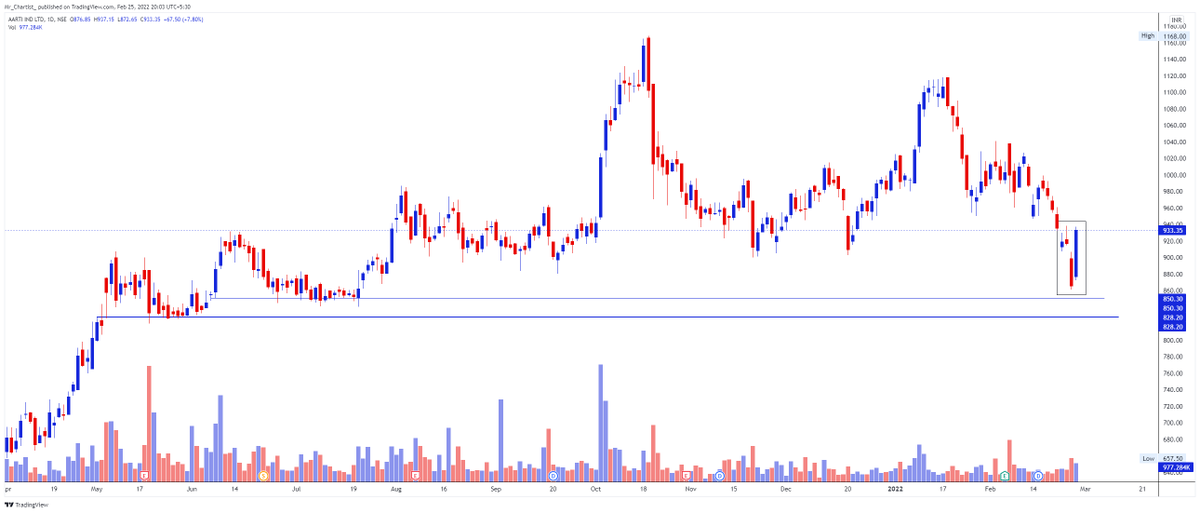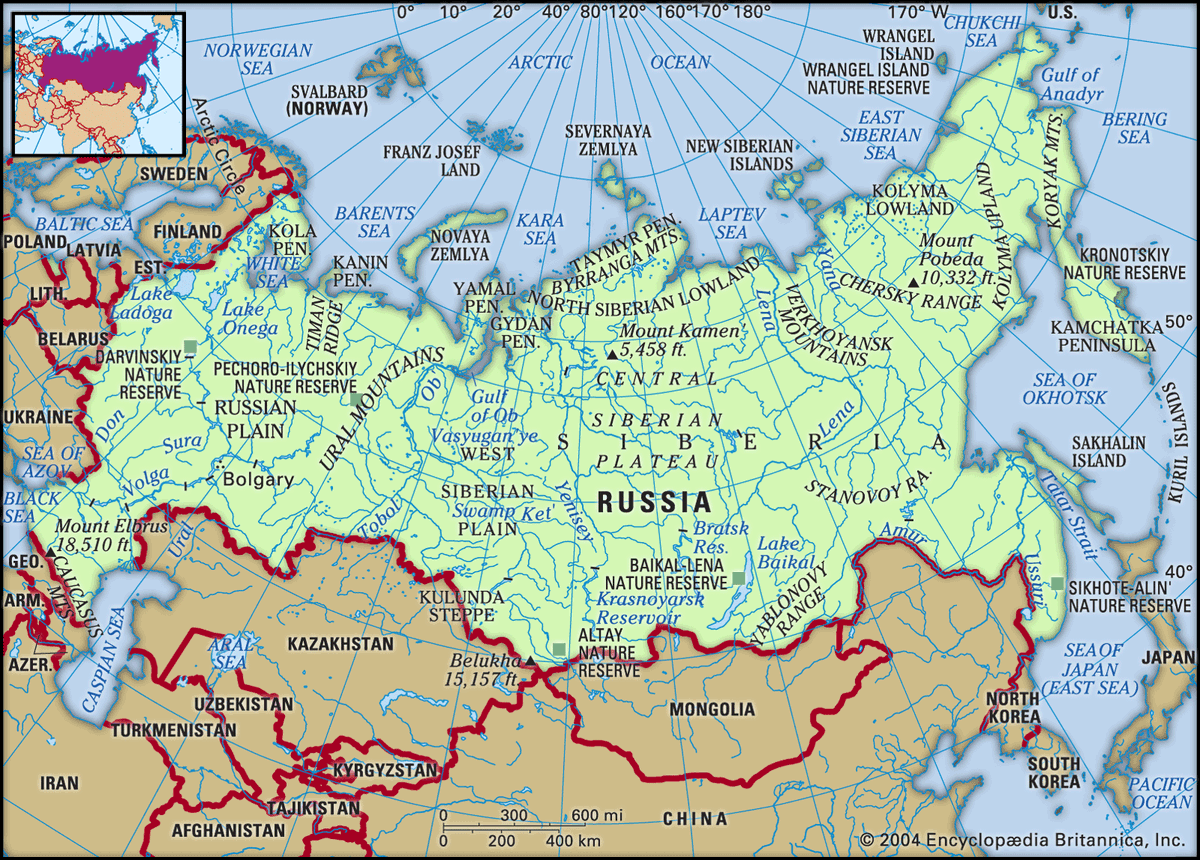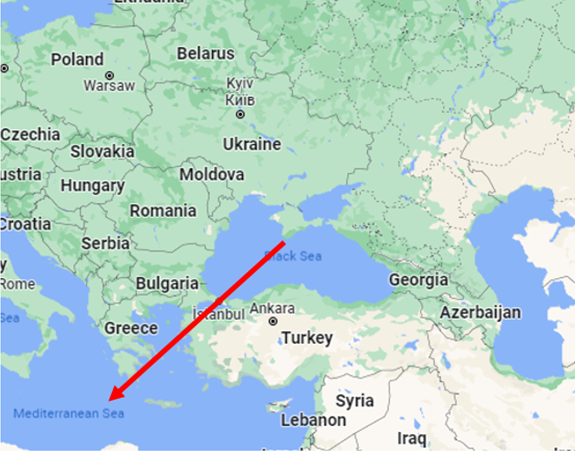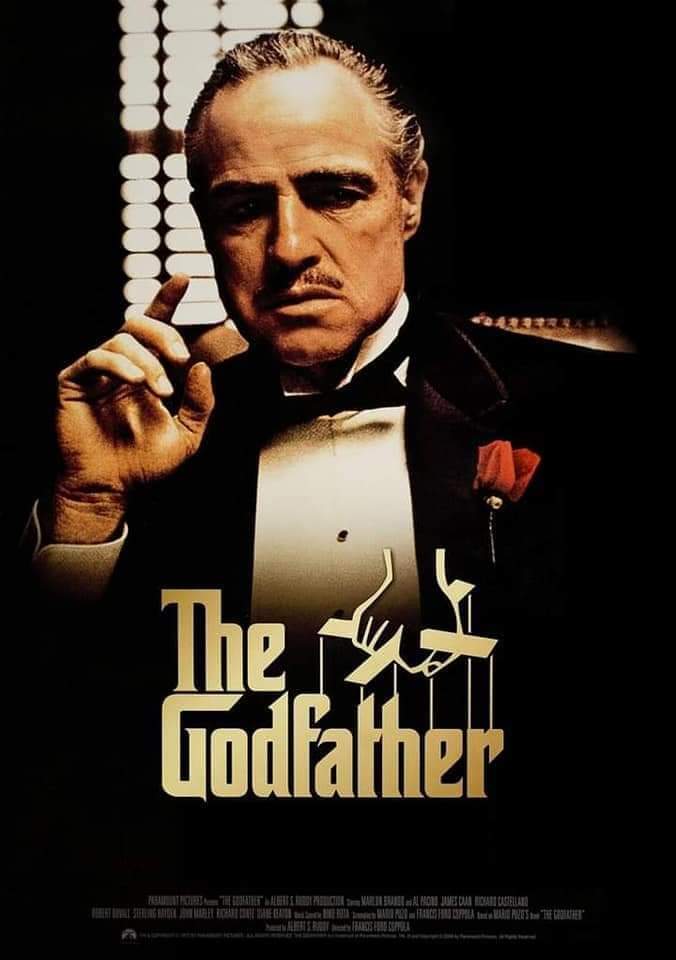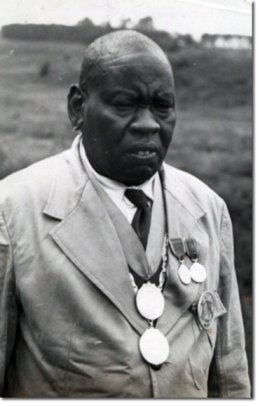1. Wake up early
I learnt this 4 years ago after listening to Jocko Willink.
I’m not a morning person. Until now I'm still not.
But I force myself to rise early most days.
Knowing you’ve accomplished more than others by the morning is a good feeling.
It sets you up right.
2. Lift weights
Everyone in a competitive field should engage in some form of intense physical activity.
For me I lift weights 5-6x a week. But it could be any sport.
It teaches you valuable lessons like:
- showing up consistently
- putting in the reps
- pushing past boredom
3. Have dreams
I recall watching Tony Robbins when I was 16 years old, and that left an impression on me.
Seeing him speak and inspire others from stage, that’s what I wanted to do.
It gave my life a new purpose beyond video games...
I told all my friends about it.
Anyone who would listen, I publicly declared it.
Probably annoyed many of them.
Looking back, I'm blessed to have found what I wanted to do at an early age.
It gave me clarity in choosing my career, and where I chose to invest my time.
4. Craftsman mindset
Friend of mine recommend me to watch “Jiro Dreams of Sushi” 8 years ago.
I’ve watched it many more times since.
That movie changed my worldview.
It taught me how to think like a craftsman in everything I wanted to do.
Seeing how the apprentice in Jiro’s restuarant had to practice for 10 years before he was allowed to cook the tamago egg...
That was touching.
Today, in almost anything I want to master, I see myself as a craftsman.
It’s helped me find joy in the process.
5. Sickness, old age, death is a very real thing.
We all feel invincible in our bodies now. At least I do.
Seeing my grandma in her last days made me realize nobody has a lease on life.
Seeing the other old folks at the hospital when I was visiting her felt scary.
But it’s inevitable the day will come.
Maybe even earlier. I don't know?
Acknowledge our mortality and how powerless we really are.
That said, I really miss my grandma.
Holding her wrinkled hands and seeing her laugh.
Wouldn't be where I am today if not for her love.
6. Acknowledge the role of luck.
Many of my accomplishments are not solely based on my effort.
They’re simply a result of being in the right place at the right time.
I like to keep that in mind whenever I feel too good about myself or people shower me with too much praise.
7. Impermanance and the fleeting nature of life
A wise buddhist master once told me:
“The person who hates you today could become your best friend tomorrow.
The person who sings your praises today could also stab you in the back tomorrow”.
Never ever let sweet words get to your head and sedate you.
Nor hold hatred for too long in your heart.
The day restarts tomorrow, and people forget really quickly.
Live in the present.
8. Learn to speak in public
You become more confident when you can speak well.
But when you can speak in public and engage a crowd, you develop thick skin.
This is useful in any area of life.
You become used to rejection and negative feedback
You learn to be vulnerable, and care less about others’ opinions.
This can be a liberating feeling.
You gain a quiet type of confidence.
This was me doing my first public seminar at 23 years old.
9. Know what truly makes you happy
Some years ago when I amassed my first 6 figures in net worth, I started buying high end watches.
It felt good looking at the bling, and spending on myself.
But everywhere I went, I felt scared of crowded places.
I kept my hands in my pocket all the time, afraid of people hitting the watch.
I asked myself:
“do I own the watch? or does the watch own me?”
I sold off all the watches just 2 months later. I felt light again.
The happiest part was the day I bought it, and the day I sold it.
10. Know the difference between income and wealth
Income is what you trade your time for. We all have to do that in the beginning.
But it’s wealth that truly buys your freedom.
Wealth is the thing that makes you money when you sleep.
When you are not working.
There are many folks with high incomes that I know, but with little wealth.
They’re always busy.
There are also friends I know with zero incomes, but huge wealth.
They're much more relaxed and happy it seems.
11. You must be an OWNER
Whether it’s property, business, or stocks of companies you understand well…
You must own equity.
You must be an owner of something valuable.
Otherwise you will always be working.
You will never be able to dislodge time from money.
Learn to focus more on your personal balance sheet, instead of your income statement.
When I first learnt this, I stopped chasing income growth.
Instead, I started asking myself every quarter:
“Am I owning more assets?”.
That became my top focus.
12. Wealth is what you do NOT see
It’s not the cars or watches or yachts or expensive holidays.
True wealth is the ability to walk away from a high paying job without fear.
It’s the ability to feel secure even if you are hit with expensive medical bills.
It’s the ability to say no to things that compromise your values.
True wealth is invisible.
Which is also why so many people never attain it because they’re focused only on what they can see.
13. Teach
The person who learns the most in the classroom is the teacher.
Being a speaker and trainer has taught me more about a subject than I ever expected.
Knowing you need to explain something publicly, it pushes you to understand a topic well.
14. You can always tells someone to “go to hell” tomorrow
I’ve said my generous share of hurtful things I can never take back.
While I’ve apologized and felt regret, the trust broken with someone else can never be restored.
Strong emotions, whether good or bad, can be harmful.
Like this? Follow me at
@heymaxkoh I share how I crossed 7 figures before age 30 by investing in great companies.
Stuff I tweet about:
• My investing strategy
• Books that inspire me
• Stuff on personal growth
Still reading?
Geez. You really like me huh?
Then you should subscribe to my blog.
I write about all things Money, Investing, Financial Freedom.
But I'm lazy. So don't expect daily articles.
I write when inspiration strikes.
Or when I'm drunk.
https://t.co/RGcKRu1zTP
BONUS Lesson 1:
Read, a lot
This is actually my big weakness.
I’m always plugged in. Either reading, listening, or watching something.
But over the years, I’ve noticed it’s been more beneficial than harmful for me.
Reading has opened up so many new ways of thinking for me.
Almost any problem you face in your life now, someone else out there has been through.
You just need to find that and expose yourself to their thinking patterns.
BONUS Lesson 2:
Learn to write to sell
This skill is called copywriting.
I was fortunate to learn this when I was in my early 20s, and spent time to develop this craft.
When your written words can convince and persuade, you will always find a way to create income.





